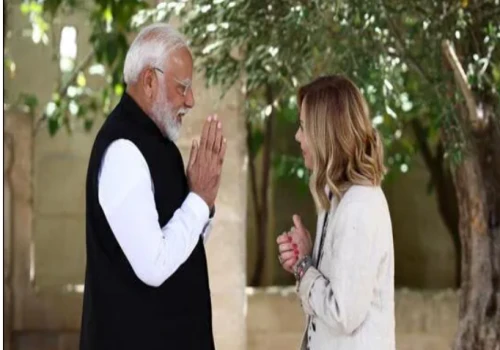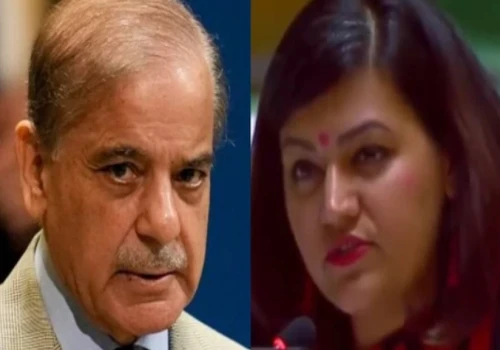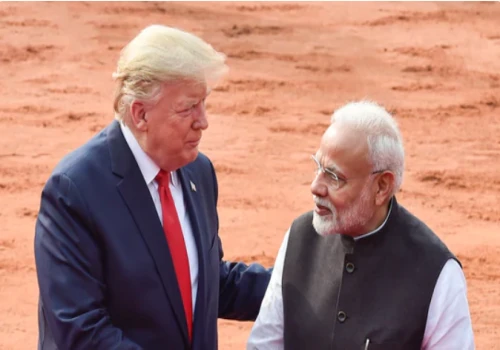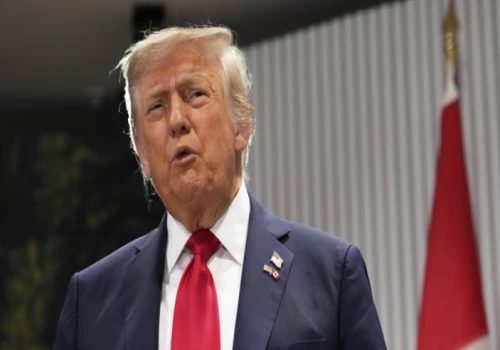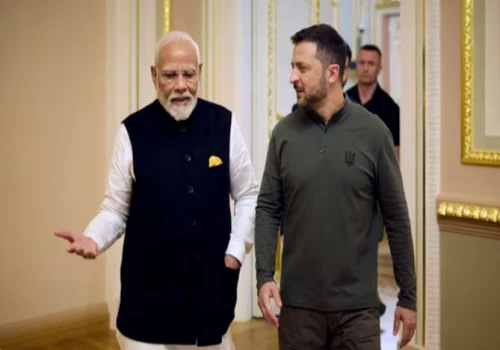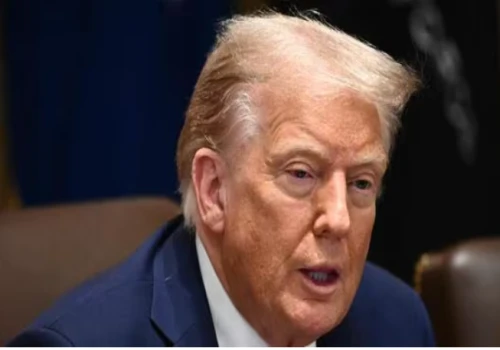
Way forward can only be through dialogue and diplomacy, ensuring peace, stability, and long-term conflict resolution.
Dialogue allows nations, communities, and leaders to engage in constructive discussions, exchange viewpoints, and address disputes without resorting to violence. Diplomacy, on the other hand, provides a structured framework through which agreements can be forged, trust can be built, and sustainable peace can be maintained.
In international relations, dialogue and diplomacy are recognized as essential pillars for maintaining global harmony. They prevent escalation, reduce tensions, and create opportunities for collaboration in areas such as trade, climate change, and humanitarian aid. Without dialogue, misunderstandings grow, while with diplomacy, even the most complex disputes can find workable solutions.
The modern world faces challenges ranging from border disputes and political rivalries to economic conflicts and cultural differences. In such a climate, the only constructive way forward is to rely on diplomatic engagement, peace talks, and continuous communication. Global leaders, policymakers, and civil societies must recognize that dialogue is not a sign of weakness but rather a symbol of strength and maturity in conflict resolution.
Ultimately, the path of dialogue and diplomacy not only resolves disputes but also fosters long-term partnerships, respect, and mutual growth. By choosing communication over confrontation, the world can move towards a future of peace, prosperity, and stab
ility.


